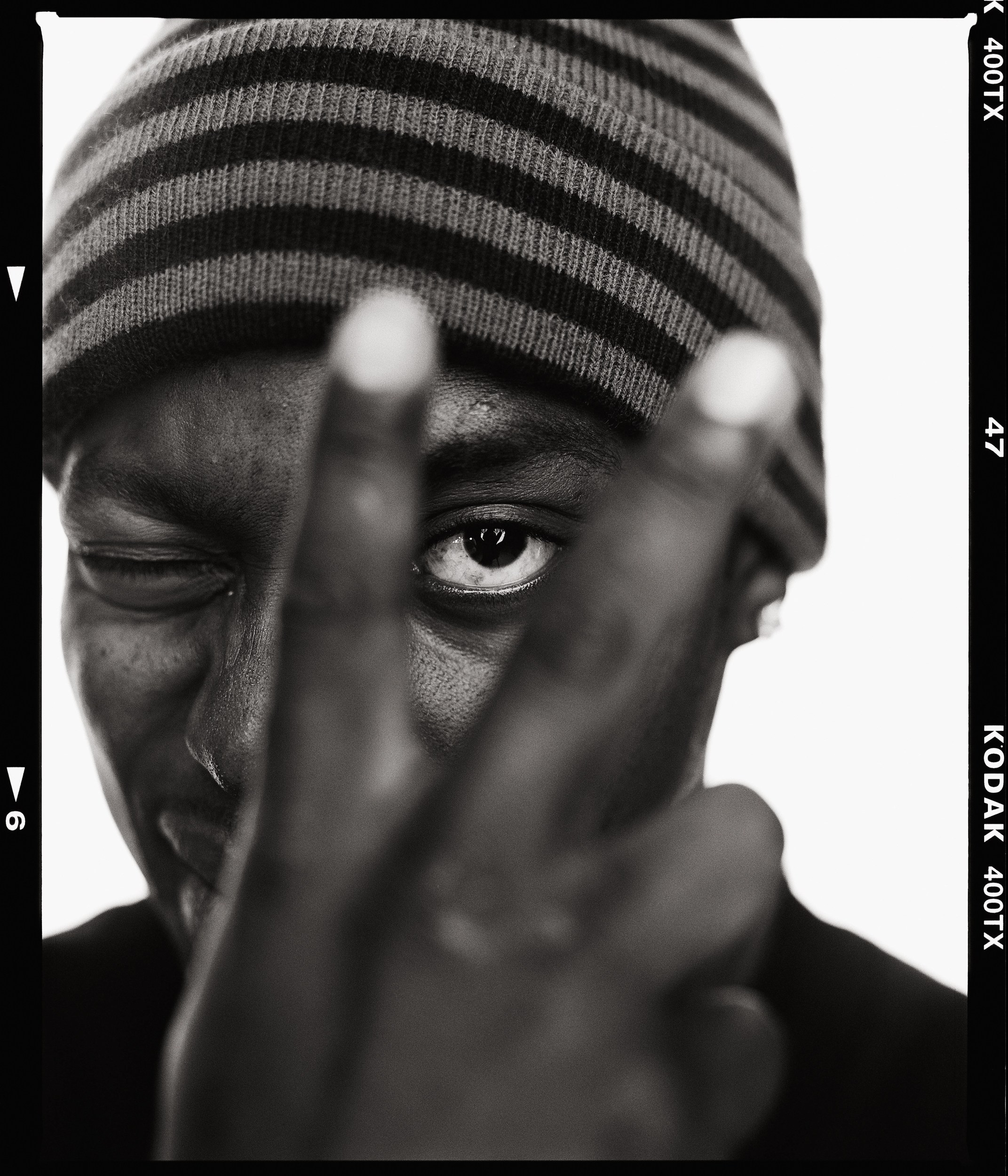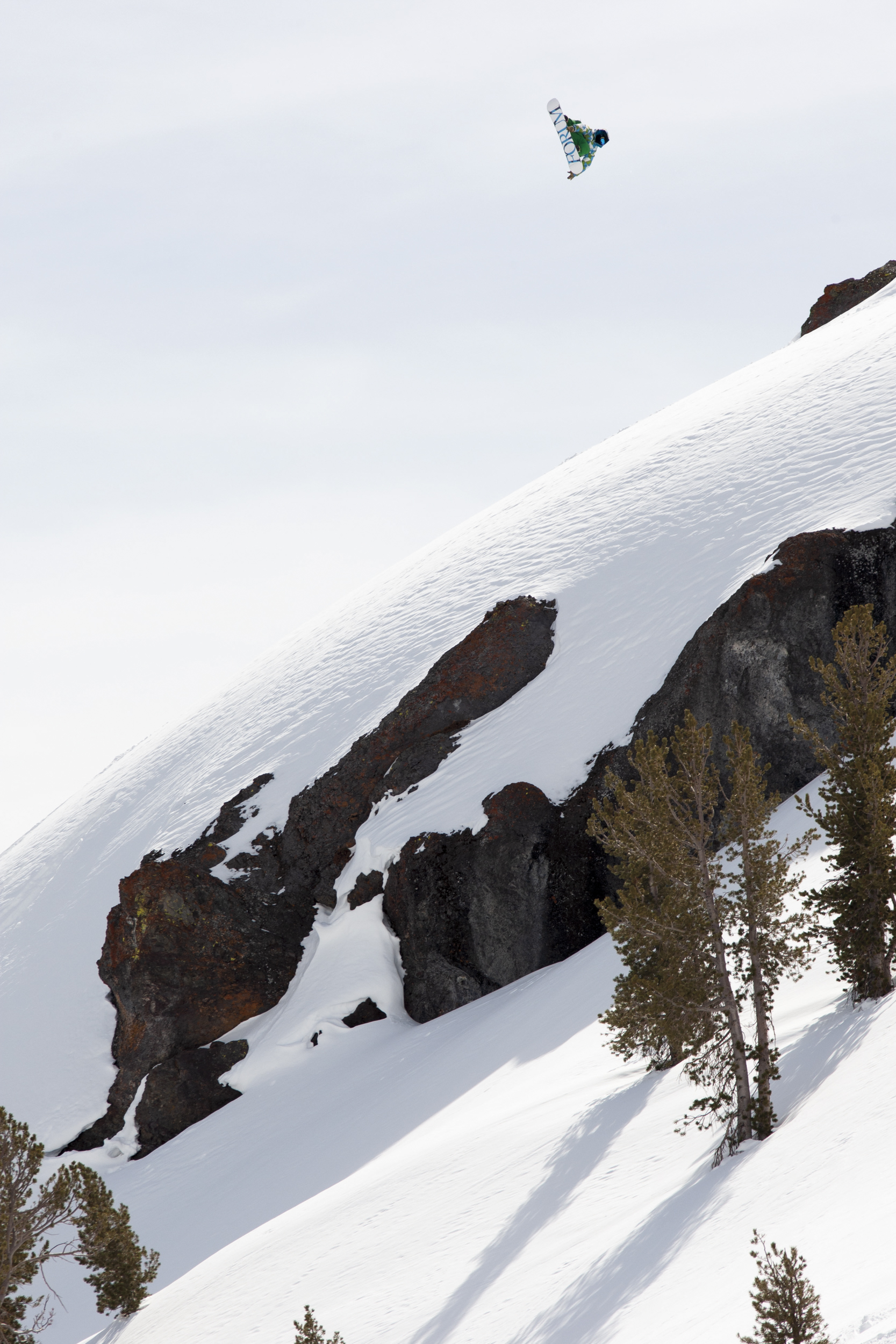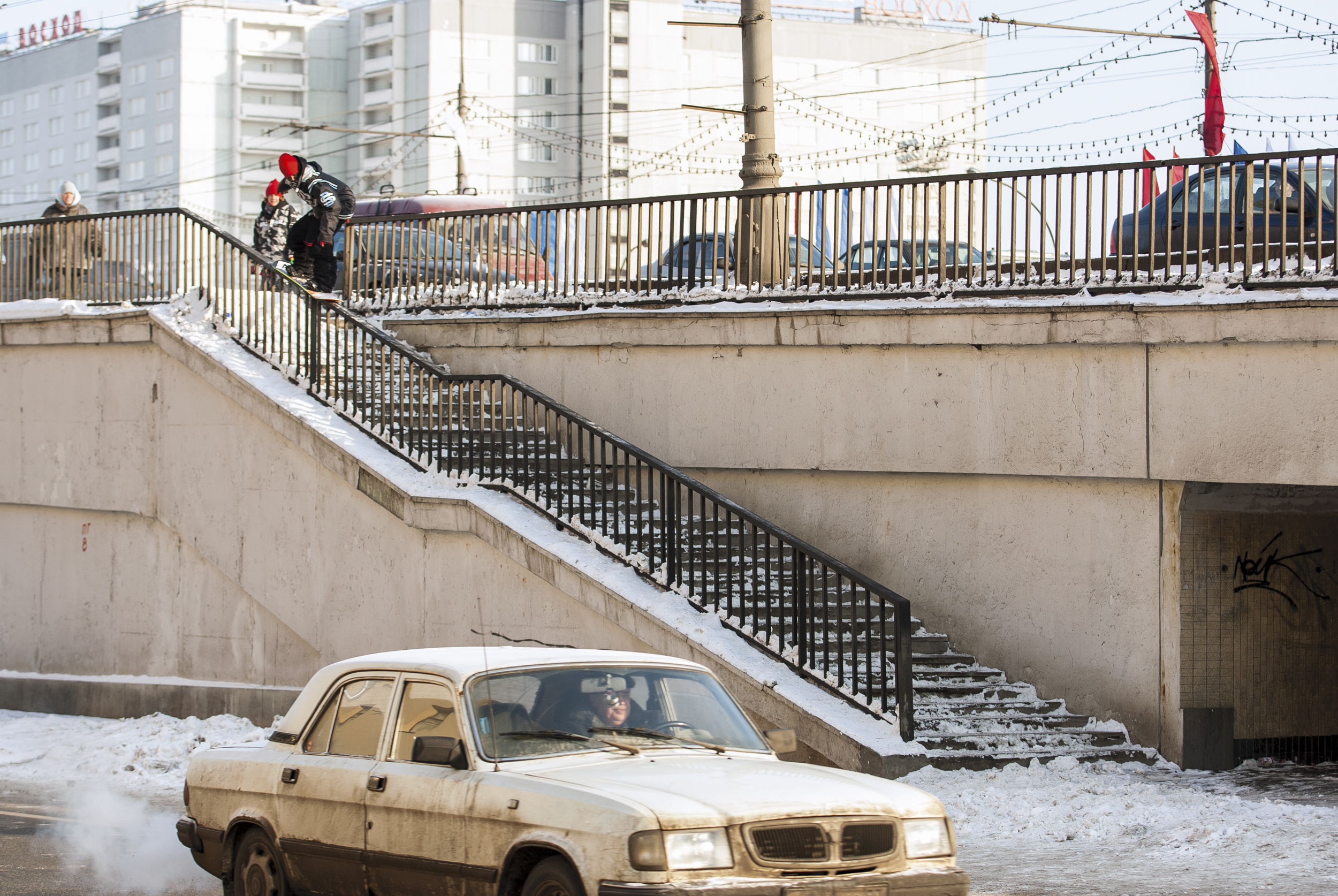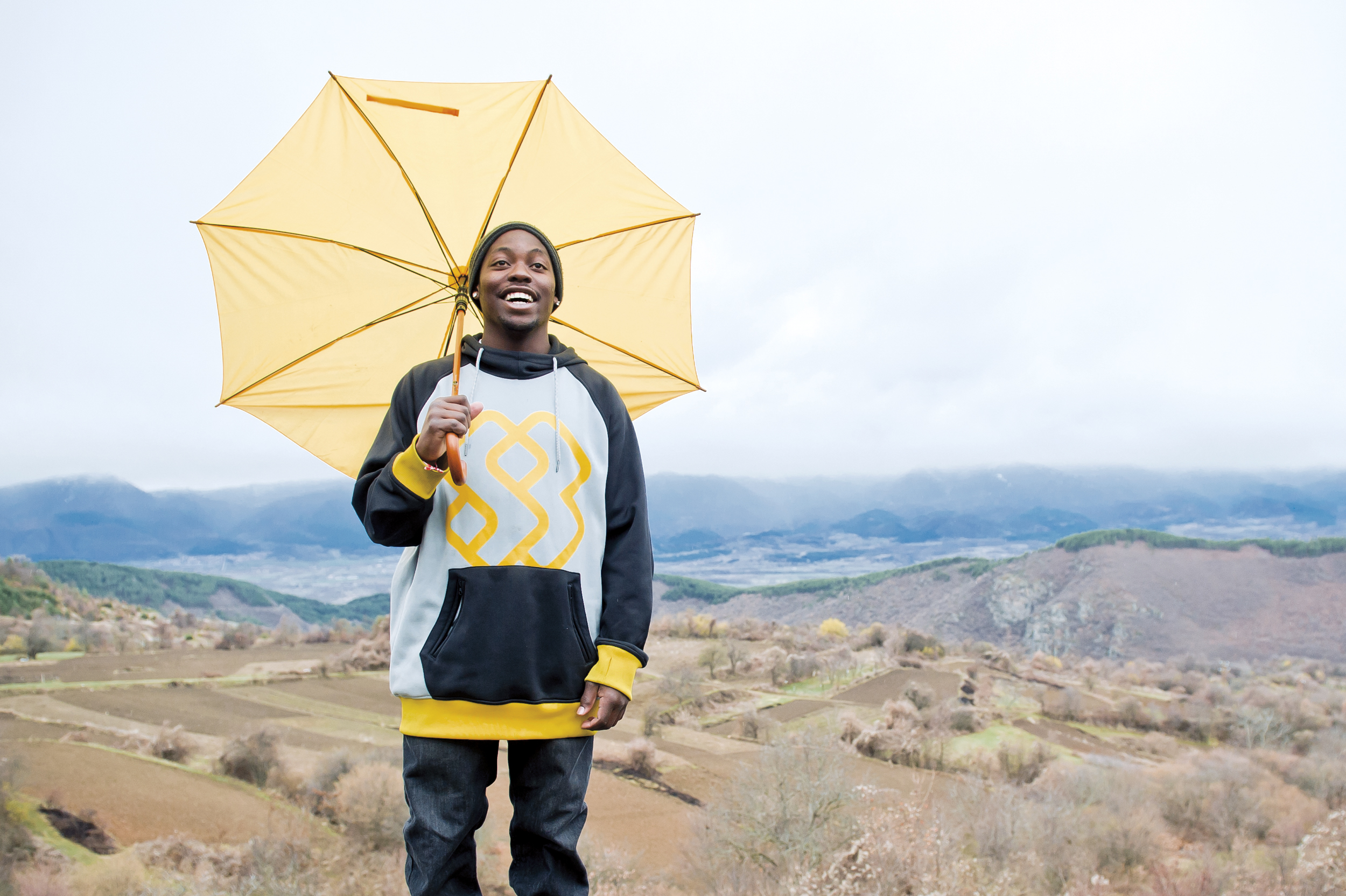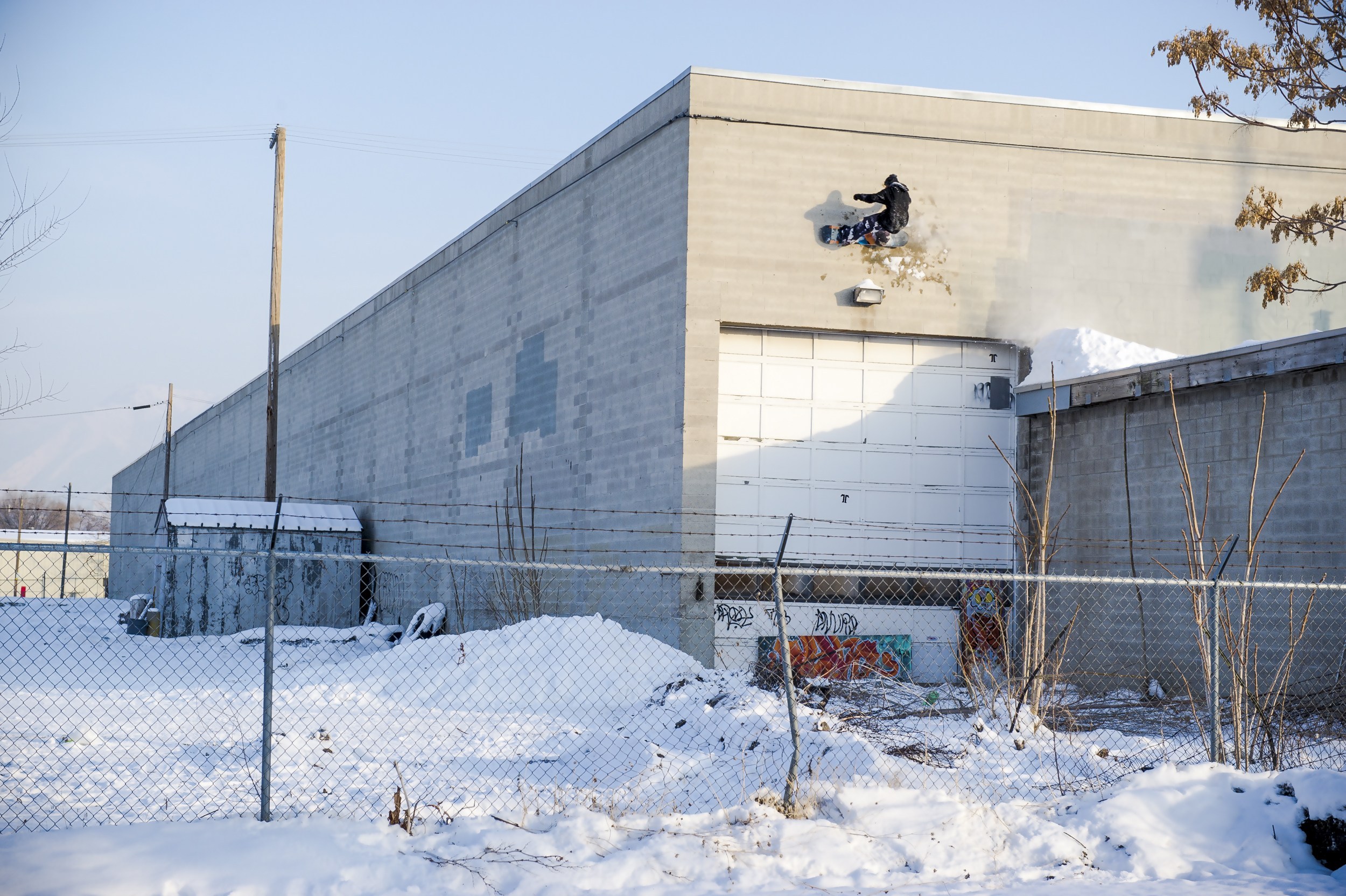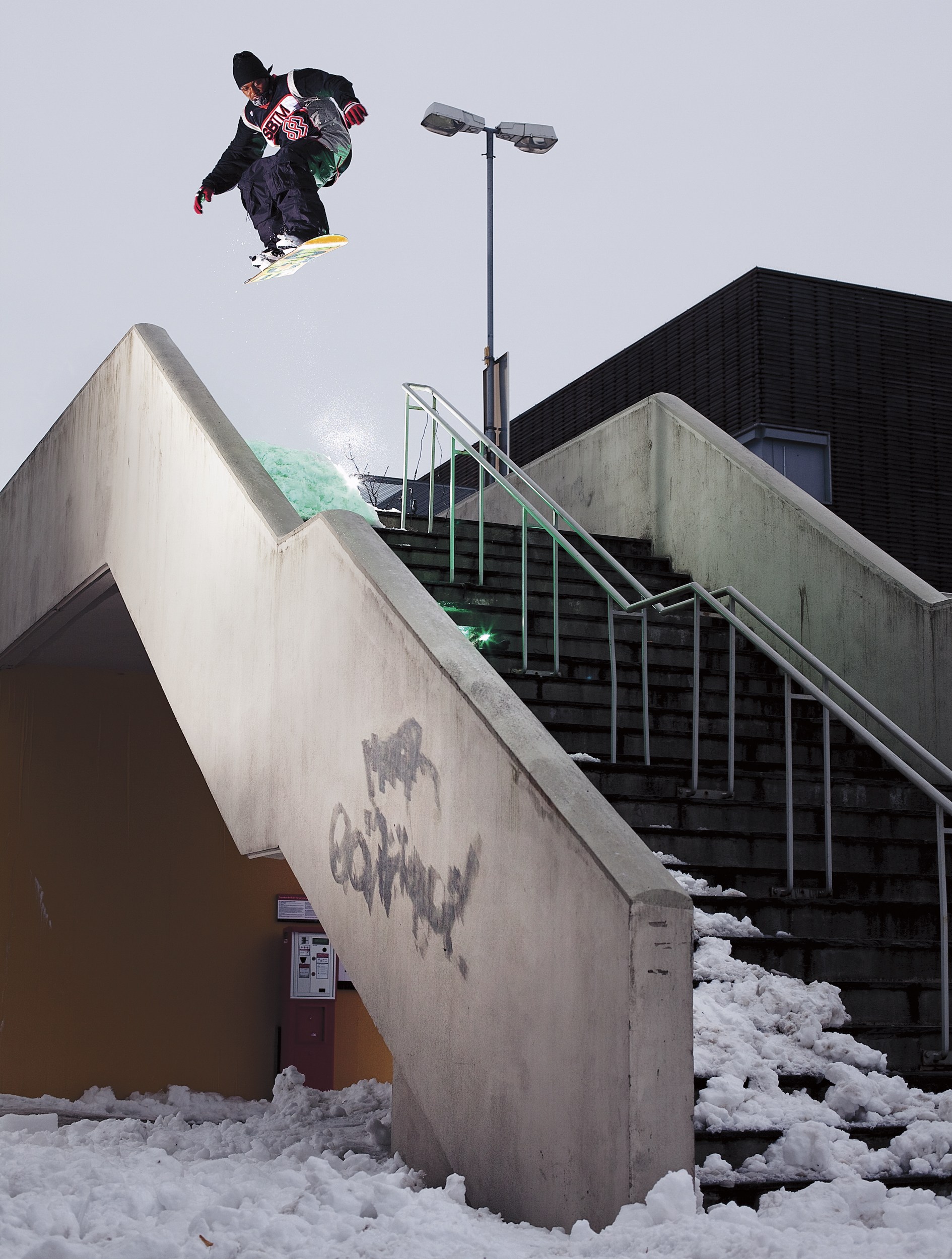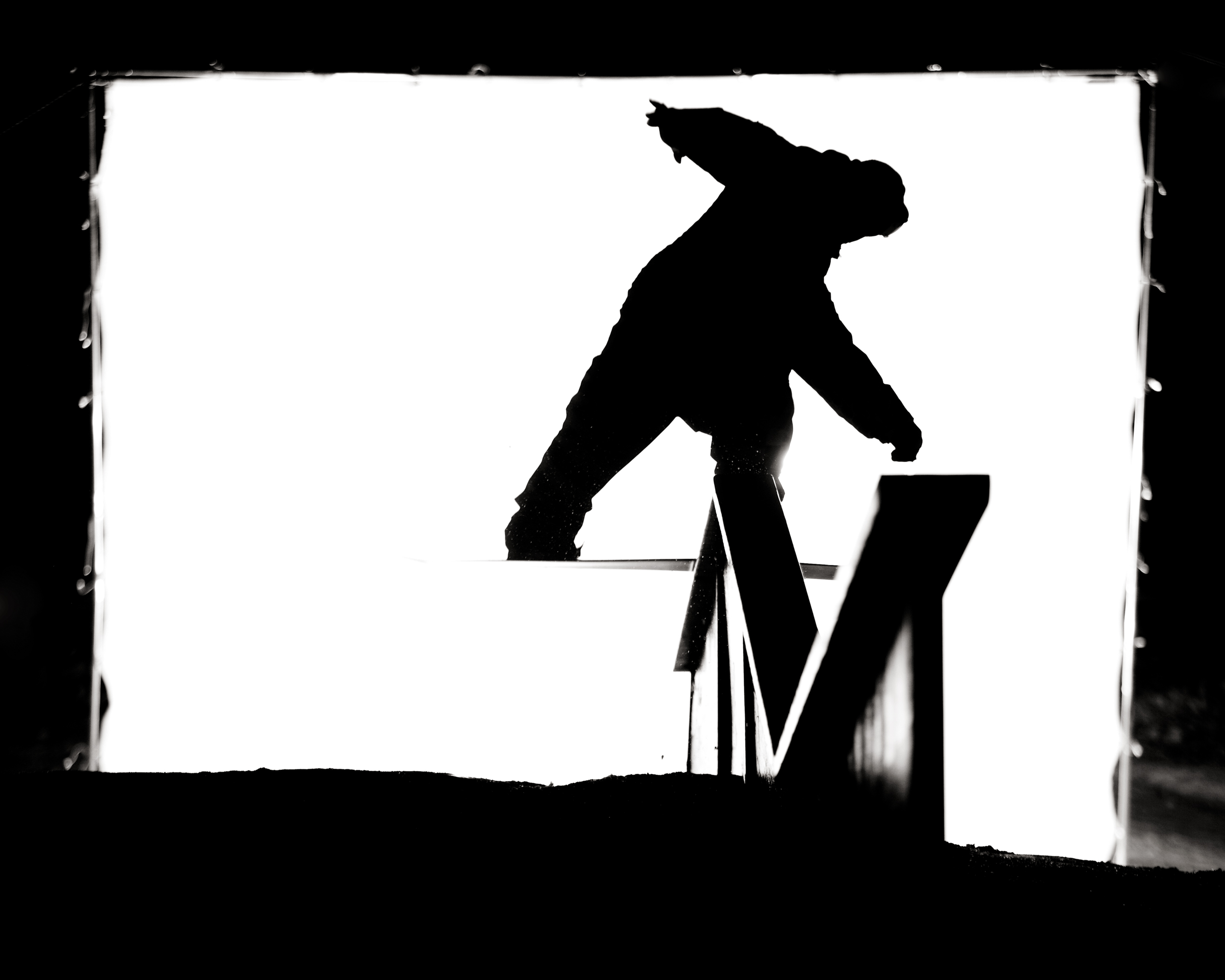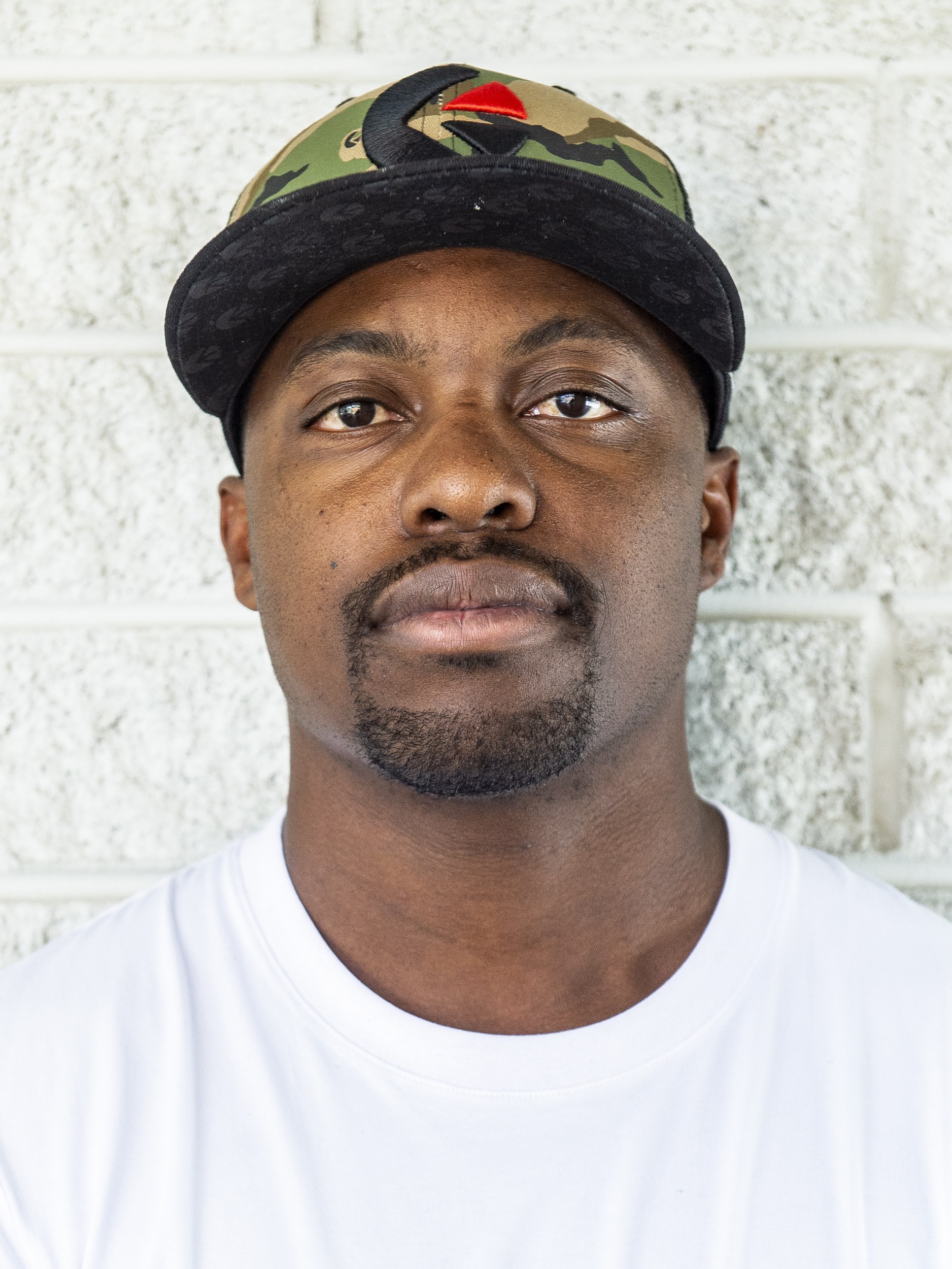“Looking Forward” and More—Stevie Bell Features from Issue 33.1
A pair of Stevie Bell-penned features from the brand new issue, 33.1
Looking Forward
I want to speak to SNOWBOARDER’s readers about being Black in America and being Black in snowboarding. There’s a lot of things to talk about. The main question is, what do we want this to look like going forward? We can talk about the past all we want, but what do we want the future to look like?
I was only fortunate enough to be introduced to snowboarding because I grew up in Utah. There’s not a lot of Black people here. I was kind of forced to go snowboarding because, I mean, what the hell else did you do in Utah during the winter? My parents had good jobs and I was fortunate that we could afford it.
I love the culture of action sports. It’s different than basketball, football, baseball, all that. I think we all get funneled into those sports because they’re readily available within school and youth programs. It would be sick if snowboarding had that same opportunity. That said, growing up in Utah we were lucky to have a program where our school would take us to the mountain and help us rent gear. I did that twice and that was my very first entry. That was cheap.
The fact remains, it’s ridiculous how much it costs to go snowboarding these days. Park City is what, $180 for a day ticket? I haven’t gone snowboarding in four years because I’m not going to pay $180 every time I want to go. I’d rather go skateboarding at that point. I mean, we need to figure out a way to make these things affordable for people. Everything that it takes to go snowboarding really adds up with the gear, the day tickets, the rides up there, all that stuff. If it could just be more affordable, more people would go. It’s unfortunate, but it’s always been this way. The problem is that this weeds out the possibility of snowboarding growing culturally, because no one can afford it unless you’re a decently well-off family. It’s just ridiculous how it’s become. I totally understand why people cannot go riding.
Tahoe. 2008.
I wish I had a multi-resort pass when I was growing up. I think that’s one of the best introductions to the sport. But you have to already love snowboarding to go and buy one of those and that’s a problem. There’s a good amount of people who already love it, but if we’re talking about entry level from an economic standpoint, it’s impossible because it’s $180 just to go find out if you like it. I didn’t like it the first three times I went, so if it was that expensive when I was starting, I would’ve been out of there. I would’ve never, ever made it. There would have never been a Stevie Bell. That’s what blows me away about the sport; there’s no way to get in.
One of the things I always liked about snowboarding a lot—and I’m not talking shit on skiing because skiing is dope, too—I like the culture of snowboarding, itself. It was never that rich, Aspen, turtleneck-type of dude cruising down the mountain like we saw in ski culture. Snowboarding was about meeting new people who had the same interests and you could go jive together and shred and just have fun. I’ve met so many cool people in the last fourteen years, snowboarding in the most random places in different countries. It’s so cool to see how the culture is the same but so different in all the places that you can go ride. A lot of these people that I’ve met in snowboarding are lifelong friends that I would have never met otherwise.
Russia. 2007.
I think the biggest joy I ever felt with snowboarding was just dancing around the mountains. Every sport has its setting, and I just like being deep in the mountains. You put lines together and just start doing it; making that mountain your playground is probably the dopest feeling. That joyous feeling came to a head when I was given the opportunity to ride in the mountains of South Africa. The craziest thing is that I never in my wildest dreams fathomed the thought of going snowboarding in South Africa. Before the trip, I didn’t even know there was a resort in South Africa. It’s kind of mind-blowing. I mean, hell, I didn’t think I would even make it in snowboarding, let alone get paid to go riding in Africa! Still to this day, I think about that trip probably once a week.
It’s hard to even put together the words to really express how South Africa was, but I’ll do my best. Driving through Johannesburg was the biggest eye-opener. You’re cruising through this massive city, and you see everything. I remember the shanty towns where people were living under whatever they could find: cardboard, tarps, wood. They created their own territories which are super dangerous. That was crazy to see. Then as you start to climb up into the mountains, you get into the really poor places where there are people living in clay huts. Literally clay huts. I thought that was just a saying. The dopest thing was that it didn’t matter what kind of money they had or their living conditions, everybody seemed happy as shit. I wish America was like that sometimes. Then you go up into Lesotho, which is its own country. You start climbing these plateaus and all the sudden you drop into a valley with a fucking ski resort, which is maybe 1,000 yards long. It’s just one strip. It was the most insane-looking thing I’ve ever come across. Everything around the resort was just bone dry. It’s just a hilly mountainside.
At the end of the trip, I was going to stay a little longer and go to Kruger National Park, but ended up getting snowed in and had two powder days in South Africa. I couldn’t even believe it, fresh pow shredding in South Africa. It was the craziest thing I’ve ever experienced, and I hope to god it happens again.
So, to circle back to my original point, there’s a lot we can do to make a better future. Maybe we’re not the decision makers, but we can all join hands. Not just snowboarding, but skiing as well—we’re all enjoying the same fucking thing. We’re all just chasing the snow, whether we’re on two planks or one. If we can all just get together and be-come one voice, we might be able to get some of these things to move forward. Who knows? I mean, fuck, with everything going on, it seems like that’s the way to go about it.
Now I want to discuss my experience being a Black athlete in America, especially in a white sport because let’s be honest, snowboarding is a white sport. It’s tough. I want to do this not just for Black riders, but also for all people of color who are just trying to get into snowboarding or action sports in general. It’s a hard learning curve. If you think about action sports as opposed to team sports—baseball, basketball, football, all that—there is so much structure within all those different sports. You have coaches, you have athletic directors, you have teachers—all these people are there to give you structure from the ground floor up.
You start as a kid and play these sports through school alongside academics. You do the same in college and then you make it to the pros. There’s more of a support system and at the end, at the very least you have an education to fall back on. In action sports, it’s almost the exact opposite. In my days as a pro I didn’t know many athletes who went to college before, during, or after their careers, and I have mad respect for the few that do. I mean, there are snowboarding academies for grade school, but that definitely wasn’t an option economically for me as a kid. I didn’t even know that existed until I was like three years into my pro career.
Salt Lake City. 2013.
Adding to this dilemma is the fact that many riders go pro at such a young age. I went pro when I was 19, but imagine being a 16-year-old kid and getting that opportunity out of the blue. It’s kind of crazy because there are so many things that go into being a professional athlete in addition to the actual sport. I had to learn how to wear a lot of different hats. I had to become an entrepreneur. I had to become my own accountant. I had to become my own investor. I had to become my own marketing firm and build my brand. As action sports athletes, we have to learn as we go and it’s a big learning curve. I think that’s where a lot of people fumble and fall. They end up not making it in the sport because they can’t adapt quickly enough on top of the riding.
Then, whether you have a long or short career, brands just drop a rider as soon as their perceived value goes away. Suddenly these companies don’t give a shit about them. Now what? You kind of lose your identity while having to go figure out real-world shit at the same time. You have to go to work, right? I think it’s kind of fucked up because there’s nothing that’s set in place that will help athletes prepare for the different parts of their career—when they are becoming a professional athlete, while they are at the top of their game, and then more importantly, on the back end of what happens to these talents when it’s all said and done. I can’t even say how many riders I’ve seen that have been dropped from companies that have bought homes and then lost them, that have had tax issues, that have lost their purpose and drive. They can’t find out what they want to do next, they don’t know what they’re passionate about, they don’t know what they love. Then drugs and partying fill that void and a lot of people struggle to recover or rebound out of that. I’ve seen some good homies of mine that have done well, but I’ve seen even more people do poorly, and they are still struggling.
Oslo. 2009.
That’s one of those things I want to shed to light on. I’m looking for a way help other athletes of color, but also athletes who aren’t of color who just want guidance on how to navigate being an a professional. If we don’t start teaching kids from a young age, they’re going to be fucked up when it’s all said and done. Snowboarding is not a sport where you get paid millions of dollars to do it. There’s very, very few in our world who make that kind of money. So, when you do make money in snowboarding, you have to make sure that you account for every dollar and you know what you’re going to do as an exit strategy. That’s one of those things that our sport is lacking in a major way.
Mammoth. 2010.
I’ve been thinking about this for a long time and how to start some type of firm where I can consult with professional athletes, especially younger ones, and teach them how to build themselves as a brand and help them manage all of these challenges. I am not an expert in these areas, but I do know people who are and can build the right team around me to achieve this goal. And while my interest is in helping all action sports athletes, I think minority riders could probably benefit the most from this type of support. I know that it’s a little tougher for us. I’m not a racist person, I’m just putting it out there exactly how it is. A lot of the white boys who become pros, their parents already have money. They’ve already got the structure. They’ve already got the mindset around money. They already know what to do with their paychecks, how to get into real estate, open different investment accounts. They’ve kind of got that resource. For me, when I was a kid learning all this, my dad was a major saver and my mom was a major spender, so I would just try to find the middle. I didn’t have any guidance on this, and I know other people are in the same boat. They don’t have the information about what to do with their own money, or how to build a brand, or how to be a professional athlete. Hell, for the most part everyone is a first-generation action sports pro, so what is their family going to teach them? Nothing. Look, if you ever want any advice on any of that—again, I’m not an expert but I have lived through it and I feel like I did pretty damn well at it—I’d love to share my advice. Especially to you athletes out there who are of color or belong to a minority. It’s a tough road after it all ends, and struggling to find that identity is a long, painful process if you don’t set yourself up for it from the beginning. Much love to everybody out there. Feel free to reach out to me anytime. Anybody who is looking to get into the game, anyone who is in the game, or anybody that is out of the game and has been there, done that, I’d love to chat. I’m out.
__________
How the F*** Did This Happen?—Stevie Bell Special Blend Ad
I want to address the Special Blend advertisement from 2007, which has recently resurfaced and ruffled some feathers. I am actually glad that the ad has come up again, now that I have had some time to reflect and talk to different people and family members about it. I have been given the opportunity to properly evaluate it and look back to see some of the crucial mistakes that were made back then, which I am now embarrassed about. Just like anything, it helps to look at this ad through a couple of different lenses. The first one is the 2007 lens, which relates to the time when the ad ran, and the second is the 2020 lens, where the times are completely different.
When this ad was created in 2007, I can’t remember exactly how the whole idea came up. The concept was for the whole Special Blend team to stand in a line for a panorama photo with the focus on the rider standing in the front, whether it was Lauri [Heiskari], JP [Walker], myself, or whoever. Obviously, I was the only Black person on the team. I don’t know how the idea came about for everyone to look like me. At the time I was only 19 years old. I was young. Imagine being a 19-year-old athlete getting to live out his dreams and ride with the best team on the planet; I was just happy to be there. Maybe that’s how a naïve, young, immature personality can allow this to happen, but I am trying to learn from these mistakes.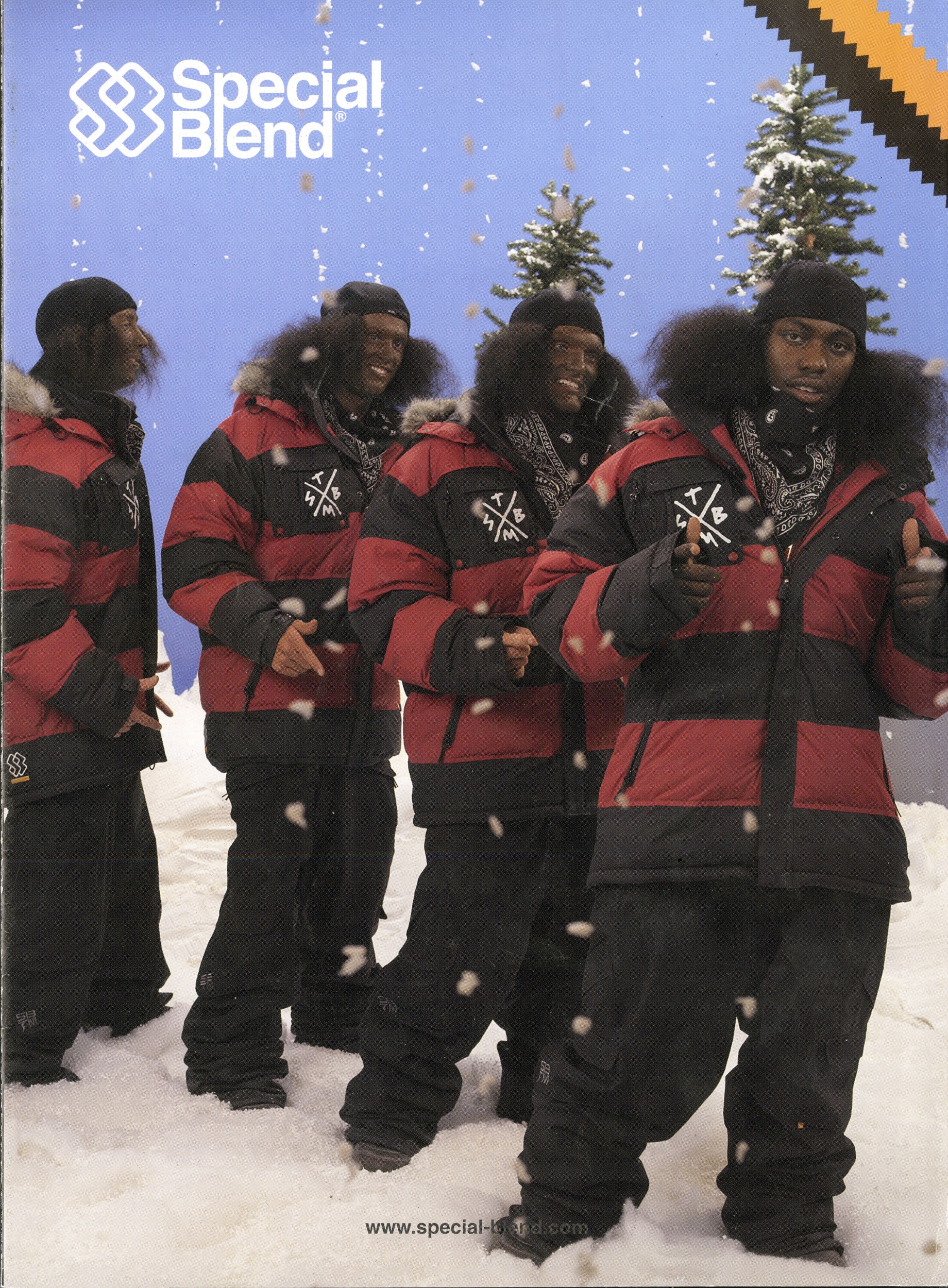

Looking at it from the lens of 2007, there were a lot of people talking shit about me being Black and being on the Special Blend and Forum teams. Maybe a lot of people didn’t think that I deserved to be on those teams, but in reality I busted my ass and I knew I was supposed to be there. Especially growing up in Utah and going to a kind of racist high school, everybody snowboarded and did these action sports and here I was, like the black sheep of their sport. I had a lot of people talking shit and I had to work my way through it, listen to them call me names on the hill and constantly talk shit in school, just because I was Black and in their sport and getting good quickly, which they could see. I had to deal with all of that, so when I had the chance to be there with Special Blend, I was excited. I thought the ad was a funny idea to show unity as a team. Like, Fuck You I made it, I am here. We do this in unity. Again, that was a naïve thought. I didn’t understand what kind of impact that ad was going to have, not just immediately, but for the long term. Here we are, many years later and I’m still having to backtrack and shine a light on the ad and why the hell I even let it happen—even though I was probably one of the youngest people in the room and completely ignorant to why this ad idea is such a bad look for me, my family, and all people of color. I’m disgusted that I participated in this ad.
Now in 2020, with everything going on with George Floyd and Black Lives Matter, when this ad comes up I realize how big of a mistake it was for me to allow it to happen. I’m embarrassed. As I said earlier, I’ve had some time to reflect and talk to friends. I fully understand that it looks bad on my part. Really, really bad. But I am happy because I have a chance to make things right. I want to make sure that some-thing like this doesn’t happen to an athlete of color again.
In 2007 there weren’t cameras everywhere, so these types of things weren’t so present in the media and so in-your-face on an everyday basis like they are now. Everything that is going on now with racism in our country, that shit has been going on for hundreds of years—it is just now being addressed because we currently have the ability to show proof of it. I am a Black man in America, the land of the free and home of the brave, but in reality, my freedom and a white person’s freedom are completely different freedoms.
It’s heartbreaking that this happened, but again, we are learning from it. I have to take responsibility for my portion of the Special Blend ad, but I also feel like there were a lot of other people, older people involved in making this ad that should’ve shut down the idea before it even got to me. That goes for Forum, Special Blend, Burton—who owned Special Blend and Forum—their employees at the time of this shoot, SNOWBOARDER, Transworld, and other magazines that ran the ad, the filmers, the photographers, my agent at the time, Sean Kearns, etc. Everybody involved should take responsibility and that ad should have never, ever been published. We need to learn from these mistakes. When you are young you are just happy to be there, and that’s how it happens in all sports and why athletes get taken advantage of.
Furthermore, I have come to find out recently that at the time the ad drew the attention of the NAACP, which is huge. No one at Forum or Special Blend made me aware of that, which certainly speaks to the magnitude of how wrong it was, and I feel taken advantage of.
I want to end by saying sorry to everybody of col-or out there if you felt like I let you down. I’ve learned from my mistakes and this shit won’t happen again. For athletes of color—and I mean any color, not just Black—feel free to reach out to me with any uncomfortable situations sponsors or other people have put you in. I would love to help advise you on how you can make decisions you’re comfortable with, feel confident speaking up, and be represented how you want to be represented.
More from SNOWBOARDER Magazine here.
Original Post from this site
